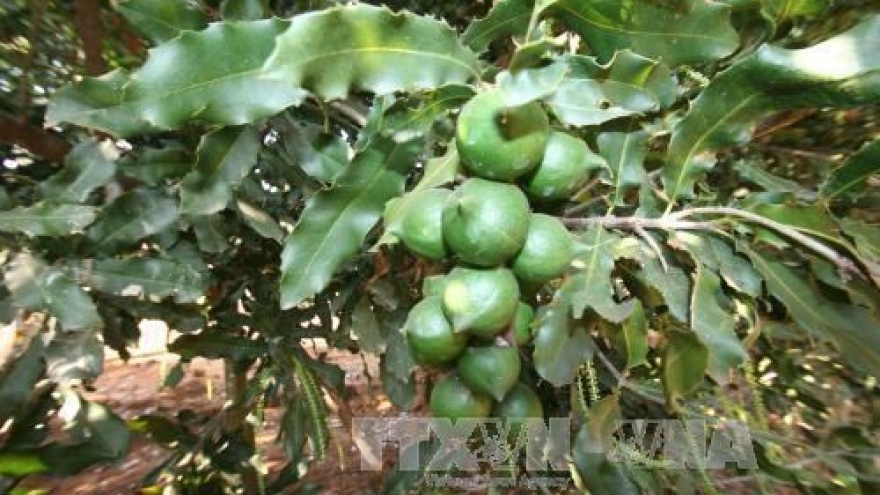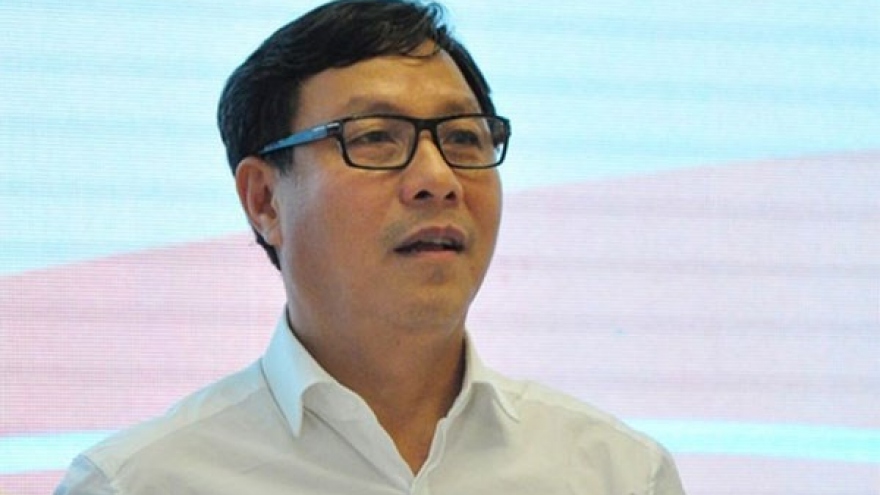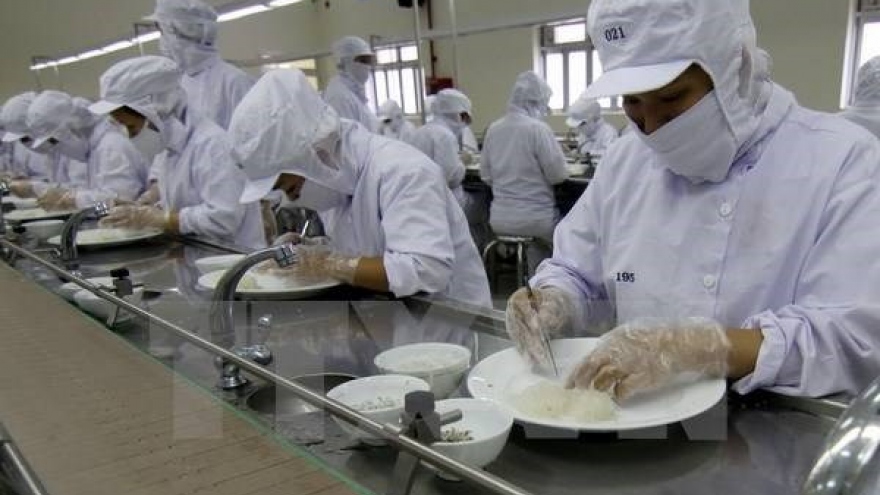Making farming in the clouds a reality in Vietnam
VOV.VN - Modern day farming is a complex business that requires a great deal of technology for efficiency and success, said speakers at a conference in Hanoi earlier this June 2017 sponsored by Huawei Technologies.
 |
Any farmer that wants to be successful and compete with their peers from other countries in a post ASEAN world needs to pay attention to efficiency in every detail of their operations to best control costs such as fuel, seed, feed and fertilizer as well as drying and storage operations.
To best harness advanced technology to streamline operations and reduce costs for applications such as GPS-linked controls for planting and harvesting, farmers in all parts of the globe have turned to applications developed by their telephone and broadband service providers to develop smart farms.
What’s a smart farm?
Mr Heng said a ‘smart farm’ leverages broadband services, mobility, and a broad range of measurement, monitoring, and management technologies to enable remotely managed security and control over a variety of systems throughout the farming operation.
A major element of smart farm applications is the ability of the farmer to monitor and control systems and situations from any mobile device that is connected to the Internet to enable them to see what is going on anywhere on the farm at any time of day to ensure things are running smoothly and take remedial action if they are not.
Smart farm solutions
The comprehensive services delivered through a telecommunications equipment and services company enables farmers to access data and images from all the different sensors and devices in use throughout the farm from any Internet-connected device—including smartphones, tablets and computers.
The monitoring equipment includes video surveillance cameras, window sensors and electronic locks in farmhouses, shops, outbuildings, grain-bins, fuel-tanks, and drying and storage facilities.
Each of the smart devices employed throughout the farm are connected to a central gateway using a variety of advanced wired and wireless technologies incorporated by the telecommunications company to enable remote access and control.
Motion sensors mounted on surveillance cameras are also programmed to send alerts when there is activity in different areas of the farm that occurs outside of normal time frames. These alerts often include photos of critical areas of the property.
Electronic locks allow buildings that can house hundreds of thousands of dollars’ worth of equipment to be secured, while giving the operator the ability to permit access from anywhere.
When used in conjunction with other video surveillance equipment, this feature alone can save many trips reducing time and cost to and from the fields to accept a delivery or provide access.
Grain-bin monitoring that includes capacity, temperature and humidity sensors also assists in streamlining farm operations. Monitoring temperature and moisture content during the drying process helps closely control energy consumption by delivering notifications when target levels are achieved, which can also prevent over-drying that can reduce the value of the grain at market.
Traditional smart-home technology, including a digital thermostat, water detection in the basement and lighting controls, is also in use in the farmhouse, and helps keep things secure and efficient.
Beyond grain monitoring
Just as grain-bin monitoring is important to farm operators, there are multiple smart farm applications that a telecommunications company can provide to meet the critical needs of many diverse types of agricultural functions, said Mr Heng.
He noted a few examples such as feed and water supply sensors, monitors and controllers for livestock feeding operations, pivot irrigation monitoring and management systems; temperature and airflow sensors for poultry and hog pens; and industrial controllers that can operate ventilation fans, louvers and curtains.
In addition, applications can monitor and provide alerts regarding power utilization, water flow and use, and emergency backup generator testing and status.
Farming in the clouds
Smart farm technology will continue to grow in popularity in Vietnam just as it will in other parts of the globe as telecommunication companies and farmers discover new and better ways to put it to use.
Most importantly, Mr Heng concluded, this ensures that innovators in the telecommunications industry and farmers have a bright future making farming in the clouds a reality in Vietnam over the decades to come.




